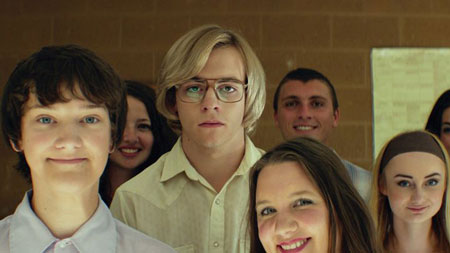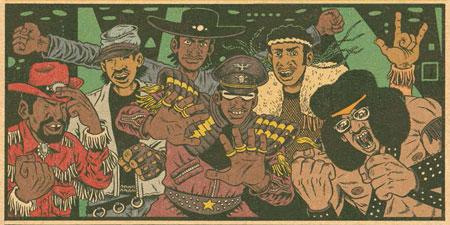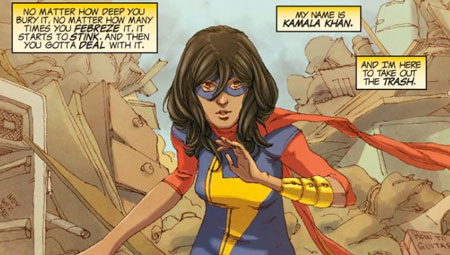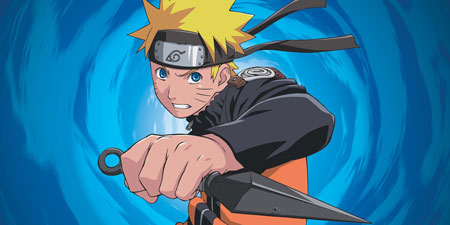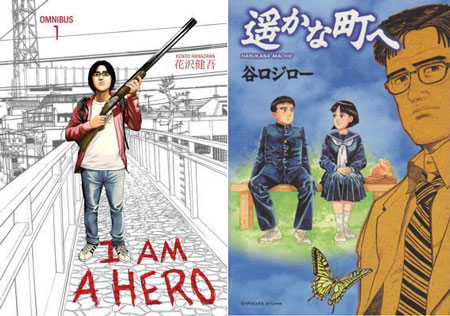
Infidel, by Pornsak Pichetshote, Aaron Campbell, and Jose Villarubia, has drawn comparisons to the film Get Out for its mixing of horror with social issues. In this episode, Kumar and Dana discuss what they enjoyed in the comic and what they were irritated by, and brave the minefield of talking about this book on a podcast!
Also, Tim reads the lengthy response from Derf Backderf to our recent review of the film version of My Friend Dahmer.
Podcast: Play in new window | Download



